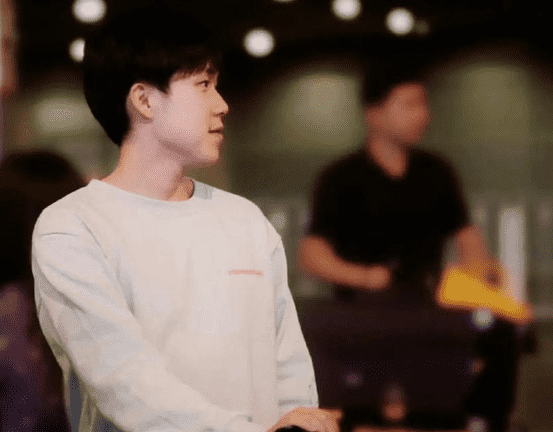Wang Chuqin, a name that resonates with Chinese table tennis enthusiasts, is hailed as a prodigy and the hope for the future of national table tennis. However, recent events surrounding him have been more about skepticism, criticism, and even abuse, all stemming from the double-edged sword known as "internet idolization."
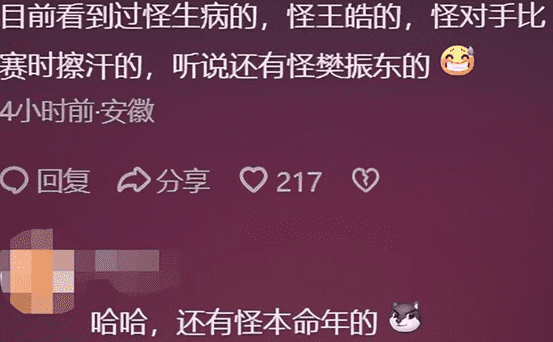
In his early days, Wang Chuqin made a bold entrance, challenging and defeating the "Hexagon Warrior" Ma Long at the age of 15, and becoming the first post-00s world champion at 18. Such achievements quickly elevated him to the status of a "god" in the hearts of fans, with predictions of him becoming the next legendary figure in national table tennis. Praise and adulation poured in, placing him on a pedestal.

However, the allure of competitive sports lies in its unpredictability; there are no permanent winners or losers. The ups and downs of an athlete's performance are part and parcel of the sport. Wang Chuqin experienced this firsthand after the Paris Olympics, where his form fluctuated, resulting in several losses. This is a normal occurrence in sports, yet for those who had deified him, it was unacceptable. The tide turned from adulation to harsh criticism and accusations, with some even suggesting he was involved in match-fixing. The once-celebratory voices now became sharp blades directed at the young athlete.
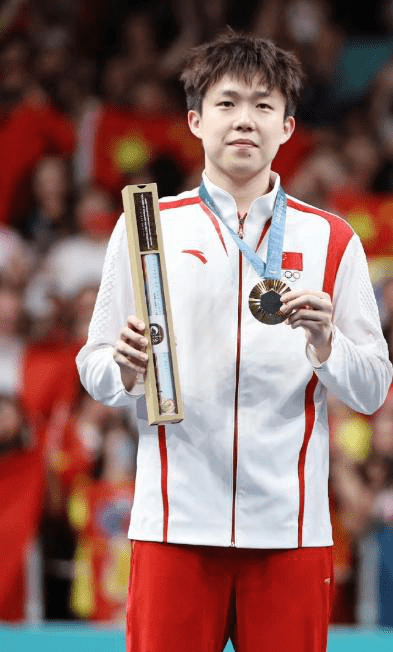
Wang Chuqin's experience is not unique. Many athletes have become victims of internet idolization. For instance, after Chen Meng defeated Sun Yingsha to win the women's singles title at the Tokyo Olympics, she faced unwarranted attacks due to Sun Yingsha's higher popularity. Fan Zhendong also openly expressed the immense pressure from online fan culture, contemplating leaving the table tennis arena.

These examples prompt reflection. We often say, "A kind word warms three winters, harsh words chill six summers." The internet is not a lawless place; everyone should be accountable for their actions. Athletes are ordinary people with emotions and personal lives. They need our support and encouragement, not baseless accusations and abuse.
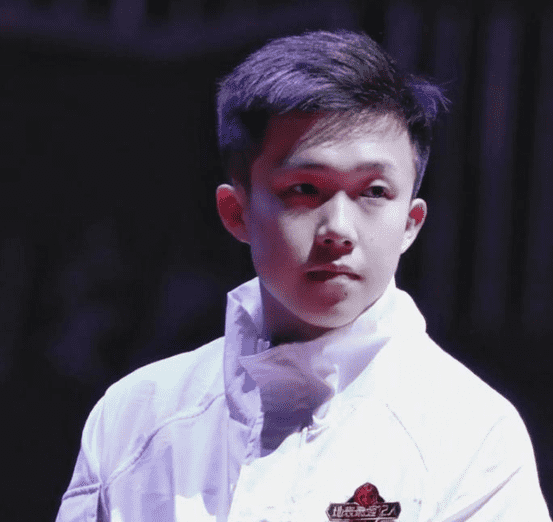
We should rationally view athletes' performances, understanding that victories and defeats are common occurrences, and no one can remain at the peak forever. We should respect their efforts rather than idolizing or demonizing them. Most importantly, we must eliminate cyberbullying and foster a healthy, positive online environment.
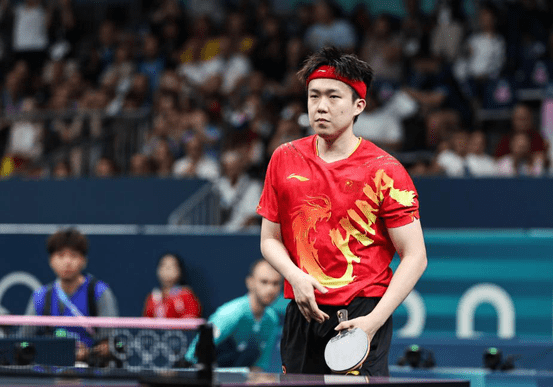
Wang Chuqin's journey serves as a mirror reflecting the cruel reality of internet idolization. It reminds us that adulation can both make and break a person. Let's learn from this, pursue stars rationally, respect athletes, and together create a better sports culture atmosphere.

Despite the online controversies, Wang Chuqin has not been defeated. He candidly admits to hearing the online noise and feeling disappointed in his state but finds solace in the support and encouragement from his coach, family, and friends, which helps him regain his spirit.

In recent competitions, we see a more mature and stable Wang Chuqin. Unswayed by external evaluations, he focuses on the game itself, striving to improve his skills. His actions prove that he has not been consumed by "internet idolization"; he remains the determined and victory-seeking Wang Chuqin.

Wang Chuqin's experiences also give us hope for Chinese sports. There are no smooth paths in competitive sports, only continuous challenges and breakthroughs. Confronting pressure and challenges, Wang Chuqin chooses to rise to the occasion, embodying the spirit of Chinese sports.

We believe that in the future, Wang Chuqin will continue to strive, progress, and ultimately fulfill his dreams. We also hope that all athletes can grow in a healthy, positive social environment, freely pouring their sweat and striving for national glory.
